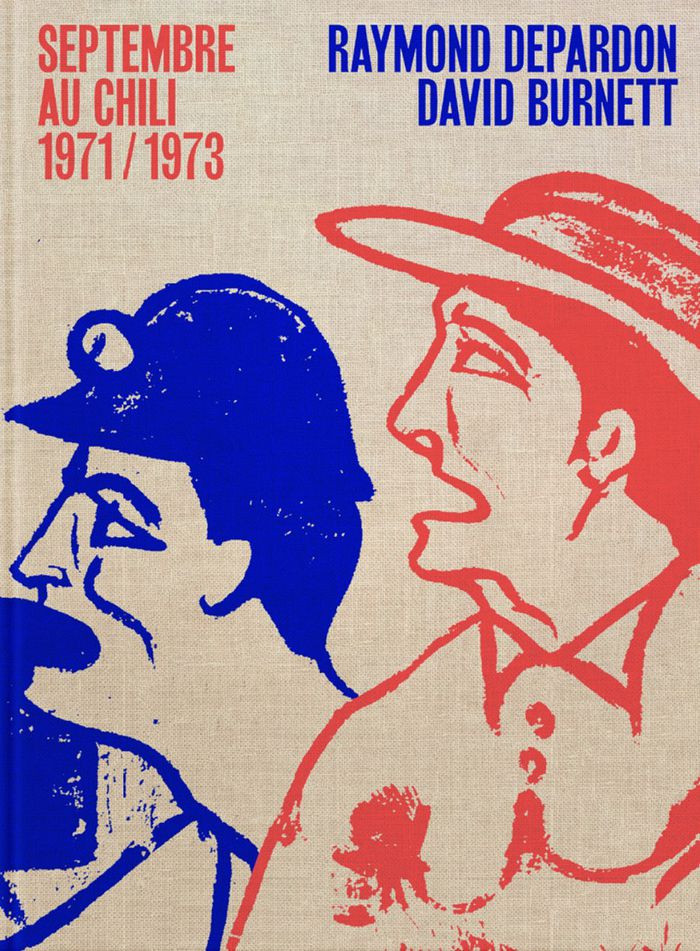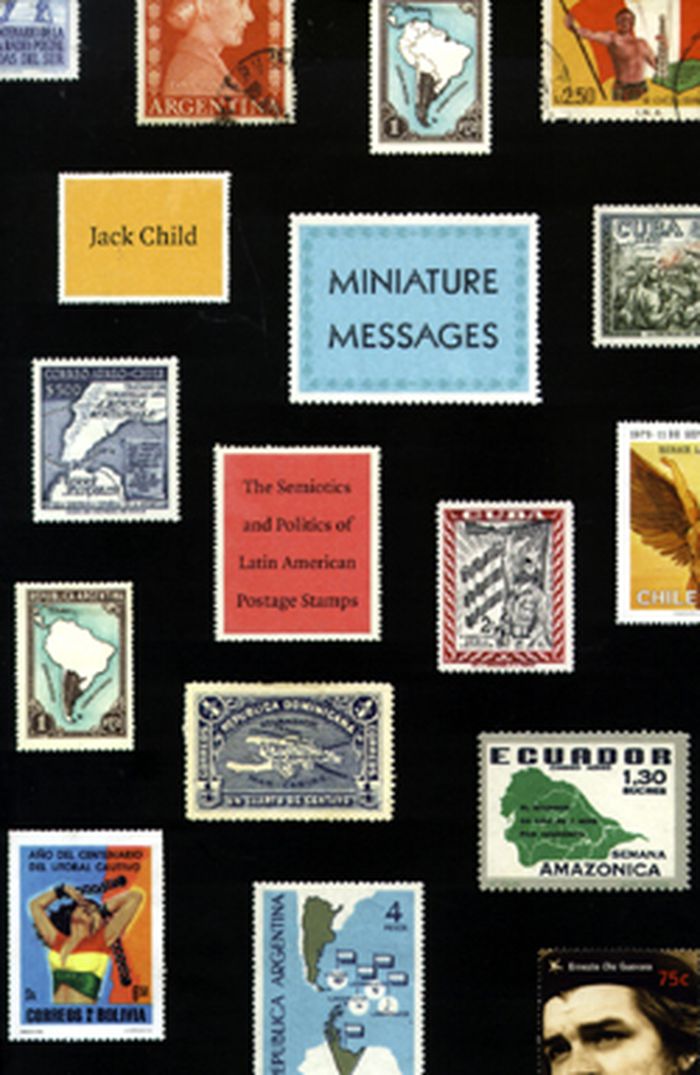books
Description:
xiii, 343 pages, 16 unnumbered pages of plates : illustrations (some color) ; 24 cm
Cambridge, Massachusetts : The MIT Press, [2020], ©2020
Think tank aesthetics : midcentury modernism, the Cold War, and the neoliberal present / Pamela M. Lee.
Actions:
Holdings:
Description:
xiii, 343 pages, 16 unnumbered pages of plates : illustrations (some color) ; 24 cm
books
Cambridge, Massachusetts : The MIT Press, [2020], ©2020
$99.95
(available to order)
Summary:
Deux immenses photographes, deux mois de septembre aux antipodes : cet ouvrage raconte les événements qui ont marqué l’histoire chilienne vus à travers les objectifs de deux figures du photojournalisme. En septembre1971, Raymond Depardon part à Santiago saisir l’effervescence qui suit l’élection du président socialiste Salvador Allende en 1970, avant de poursuivre son(...)
Raymond Depardon : Septembre au Chili 1971/1973
Actions:
Price:
$99.95
(available to order)
Summary:
Deux immenses photographes, deux mois de septembre aux antipodes : cet ouvrage raconte les événements qui ont marqué l’histoire chilienne vus à travers les objectifs de deux figures du photojournalisme. En septembre1971, Raymond Depardon part à Santiago saisir l’effervescence qui suit l’élection du président socialiste Salvador Allende en 1970, avant de poursuivre son voyage dans le sud du pays. Deux ans plus tard, en septembre 1973, c’est au tour de David Burnett qui arrive dans la capitale chilienne peu après le coup d’État du général Augusto Pinochet, photographiant les moments de tension et de terreur qui s’ensuivent. Cette immersion dans le Chili des années 1970 interroge ce que le pays est devenu aujourd’hui face aux enjeux actuels, cinquante ans après les événements. Au cœur de ces deux volets photographiques qui composent l’ouvrage, on découvre la reproduction du cliché iconique de Leopoldo Vargas, saisissant la dernière image de Salvador Allende vivant, sortant de la Moneda, le palais présidentiel, l’arme à la main. Plusieurs textes de Robert Pledge et Luis Poirot, ponctuent et contextualisent ce double corpus visuel. Ils sont complétés par deux récits personnels de l’époque : celui de Sonja Martinson Uppman, ancienne secrétaire à l’ambassade de Suède au Chili en 1973, qui a réussi à protéger et exfiltrer près de 80 personnes menacées par la junte militaire, et celui d’Alejandra Matus, alors petite fille à l’époque du coup d’État et les dix-sept années de sa jeunesse qui ont suivi, marquées par la dictature.
Photography monographs
$36.95
(available to order)
Summary:
In Miniature Messages, Jack Child analyzes Latin American postage stamps, revealing the messages about history, culture, and politics encoded in their design and disseminated throughout the world. While postage stamps are a sanctioned product of official government agencies, Child argues that they accumulate popular cultural value and take on new meanings as they(...)
Miniature messages: the semiotics and politics of latin american postage stamps
Actions:
Price:
$36.95
(available to order)
Summary:
In Miniature Messages, Jack Child analyzes Latin American postage stamps, revealing the messages about history, culture, and politics encoded in their design and disseminated throughout the world. While postage stamps are a sanctioned product of official government agencies, Child argues that they accumulate popular cultural value and take on new meanings as they circulate in the public sphere. As he demonstrates in this richly illustrated study, the postage stamp conveys many of the contestations and triumphs of Latin American history. Child combines history and political science with philatelic research of nearly forty thousand Latin American stamps. He focuses on Argentina and the Southern Cone, highlighting stamps representing the consolidation of the Argentine republic and those produced under its Peronist regime. He compares Chilean stamps issued by the leftist government of Salvador Allende and by Augusto Pinochet’s dictatorship. Considering postage stamps produced under other dictatorial regimes, he examines stamps from the Dominican Republic, Guatemala, Nicaragua, and Paraguay. Child studies how international conflicts have been depicted on the stamps of Argentina, Chile, and Peru, and he pays particular attention to the role of South American and British stamps in establishing claims to the Malvinas/Falkland Islands and to Antarctica. He also covers the cultural and political history of stamps in Bolivia, Brazil, Colombia, Cuba, Grenada, Mexico, Uruguay, Venezuela and elsewhere. In Miniature Messages, Child finds the political history of modern Latin America in its “tiny posters.” Jack Child is a professor in the Department of Language and Foreign Studies at American University in Washington. He is the author of many books and articles on Latin American culture, translation, and geopolitics.
Printed Matter

